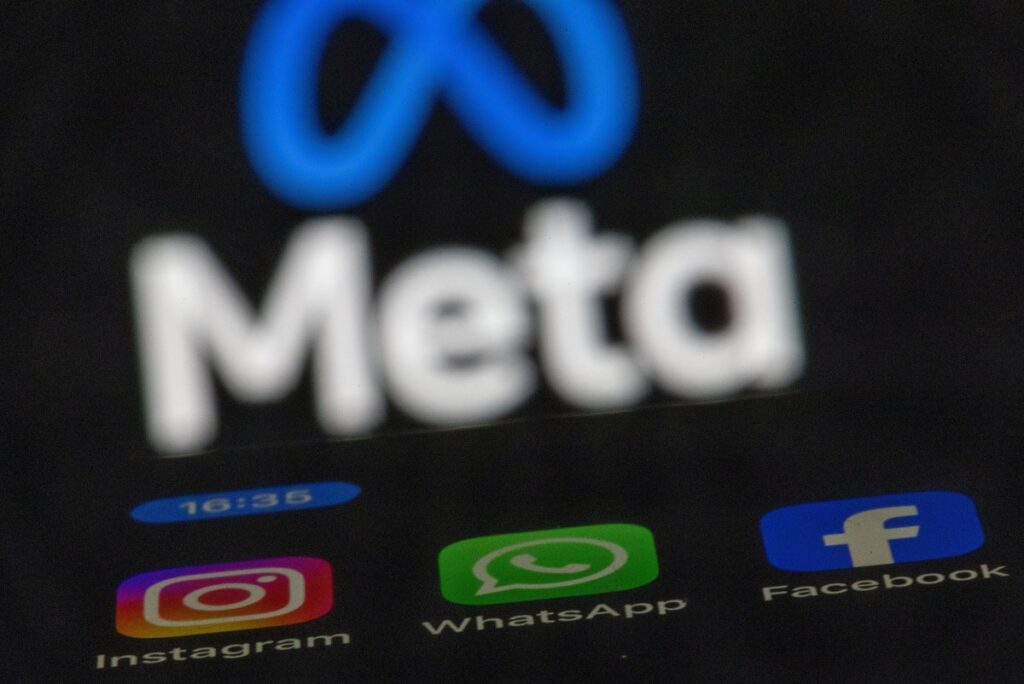Meta and UNESCO Team Up for Language Inclusivity in AI
Meta, the tech titan behind platforms like Facebook and Instagram, has embarked on an exciting journey to enhance language inclusivity in artificial intelligence by launching the Language Technology Partner Program in collaboration with UNESCO. This fresh initiative aims to gather a wealth of speech recordings and their transcriptions, with the intent of developing a diverse range of openly available AI language models.
Seeking Collaborators for a Greater Cause
The Language Technology Partner Program is on the lookout for contributors who can provide over 10 hours of speech recordings alongside their transcriptions. Meta is particularly interested in large volumes of written text and sets of translated sentences across various languages. By teaming up with partners, Meta’s AI teams will integrate these languages into advanced speech recognition and translation systems that will ultimately be open-sourced.
So far, one notable collaborator is the government of Nunavut, a remote territory in Northern Canada, where some residents communicate using the Inuktut language family. This focus underscores Meta’s commitment to supporting underserved languages, aligning with UNESCO’s mission of promoting cultural diversity and linguistic heritage.
Meta’s Vision for AI
In a recent blog post, Meta expressed its aspiration to develop intelligent systems capable of understanding and addressing complex human needs, irrespective of language or cultural background. The company aims to bridge communication gaps and elevate the importance of diverse languages in the digital world.
To complement this initiative, Meta is also launching an open-source machine translation benchmark. This benchmark, crafted from sentences by professional linguists, currently supports seven languages and is made accessible for use and contribution through the AI development platform Hugging Face. It’s a step towards more robust evaluation and improvement of language translation models.
More Than Just Philanthropy
While Meta is pitching both initiatives as philanthropic endeavors, there’s no denying that the company stands to gain significantly. Enhanced speech recognition and translation capabilities can bolster the performance of Meta AI—its intelligent assistant—and improve user experiences on its platforms.
Imagining a world where creators on Instagram can seamlessly translate their voices in Reels is just the tip of the iceberg. Meta has already begun testing features allowing automatic dubbing and auto-lip-syncing, showcasing the potential of AI to make content creation more accessible across languages.
Addressing Criticism
However, it’s important to note that Meta’s treatment of non-English content has faced criticism in the past. Reports indicate that the platform flagged a significant amount of COVID misinformation in English but left nearly 70% of similar content in Italian and Spanish unchecked. Additionally, internal documents have revealed concerns over mislabeling Arabic-language posts as hate speech.
In response to these criticisms, Meta has committed to improving their translation and moderation technologies. The partnership with UNESCO represents a move towards rectifying past oversights and fostering inclusivity in AI.
Conclusion
Meta’s collaboration with UNESCO through the Language Technology Partner Program has the potential to revolutionize AI’s interaction with diverse languages, making it more accessible for all. With a focus on gathering valuable language data and transforming it into open-source platforms, this initiative is not just about technology; it’s about cultural respect and understanding.
The AI Buzz Hub team is excited to see where these breakthroughs take us. Want to stay in the loop on all things AI? Subscribe to our newsletter or share this article with your fellow enthusiasts.




